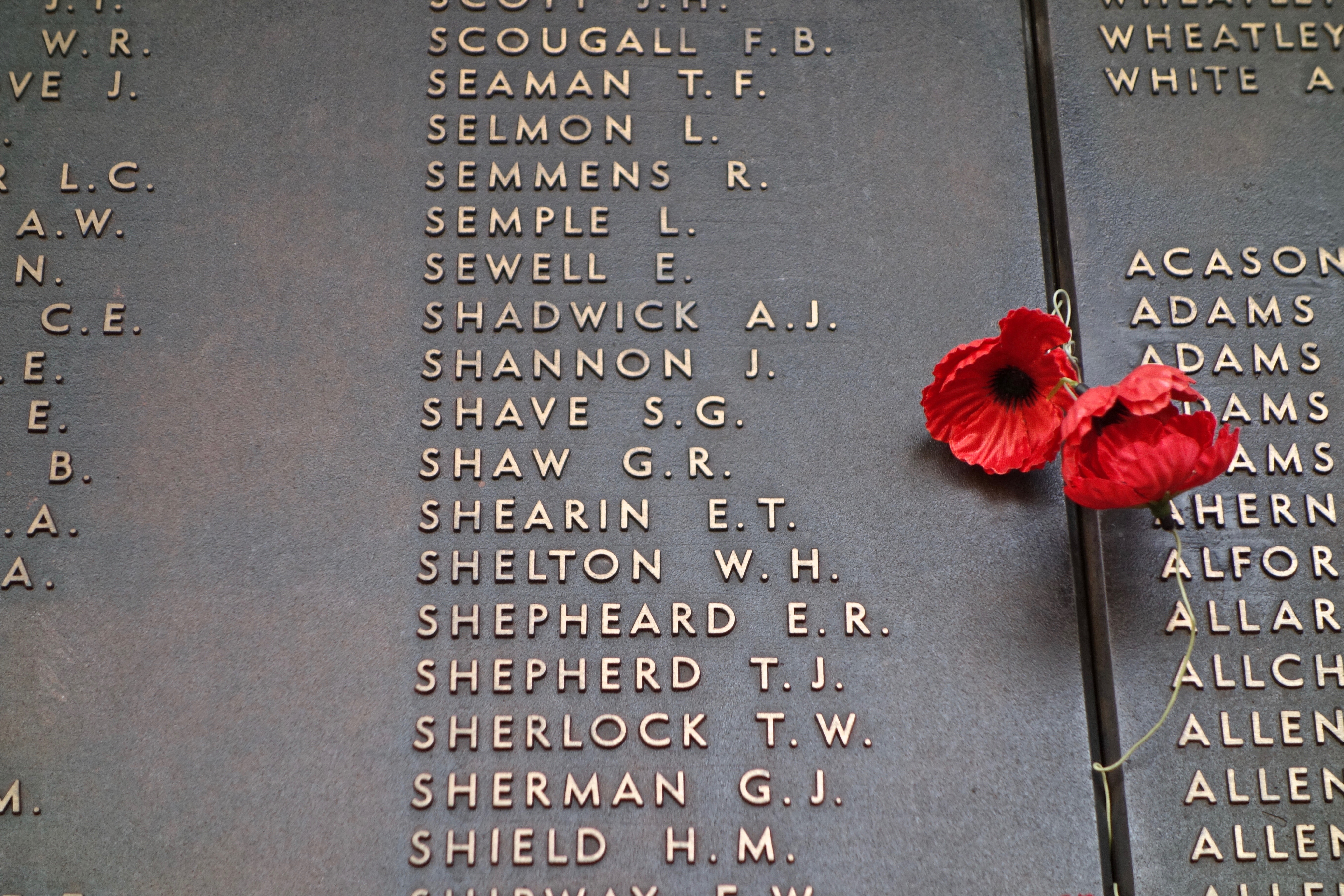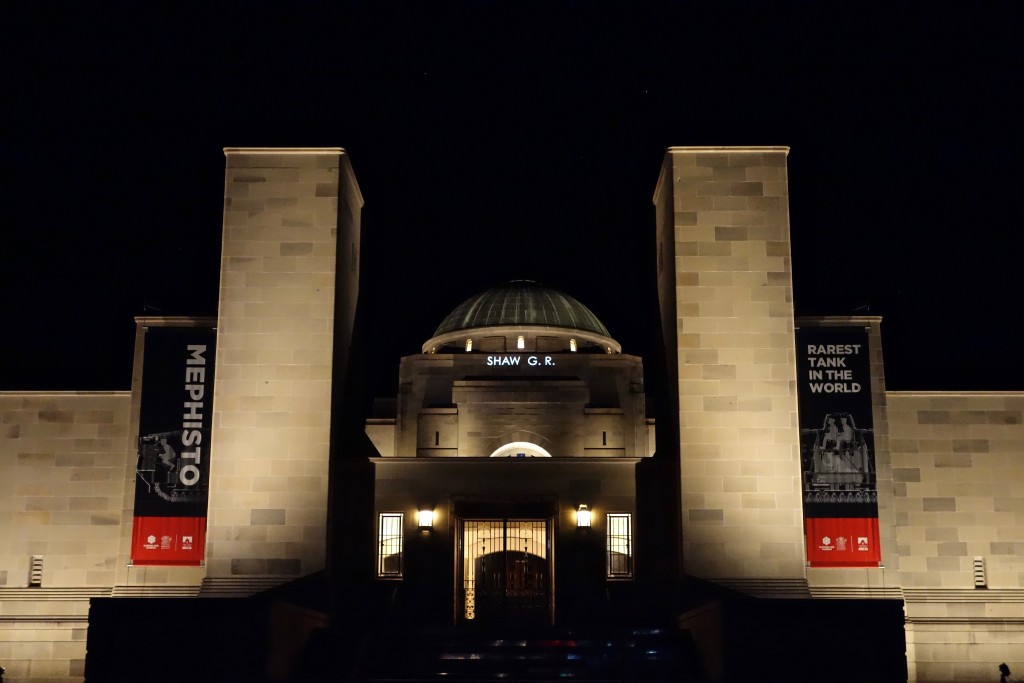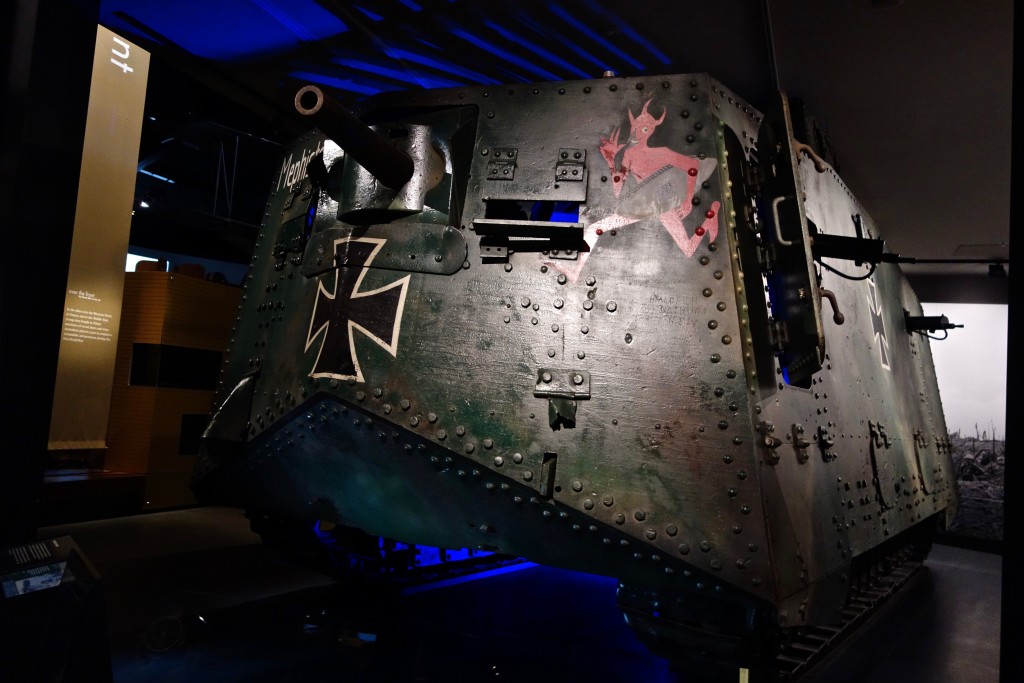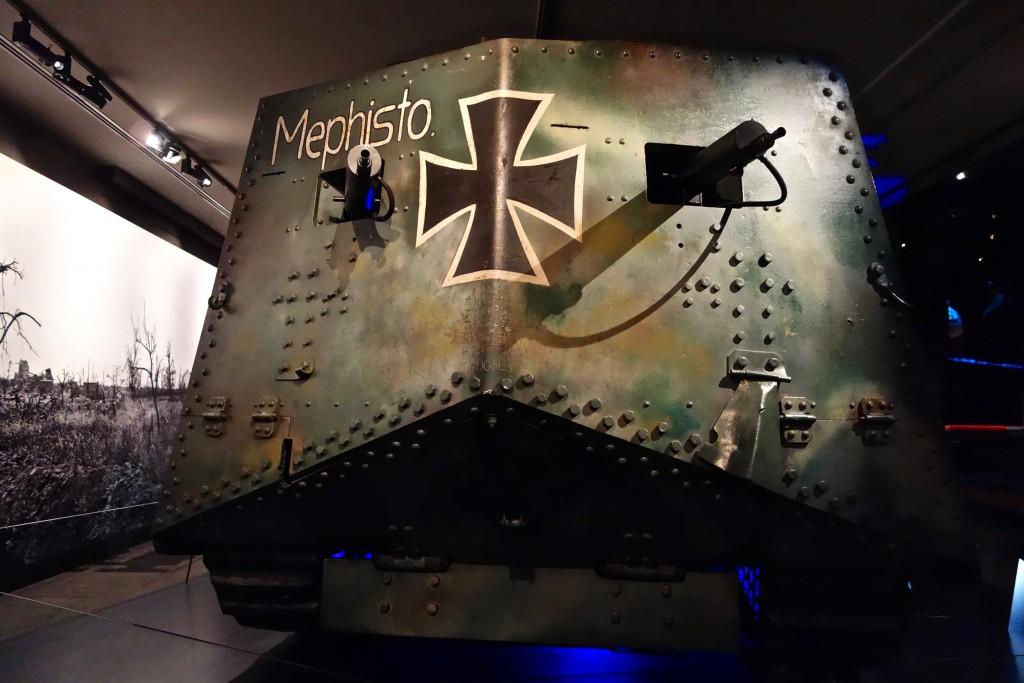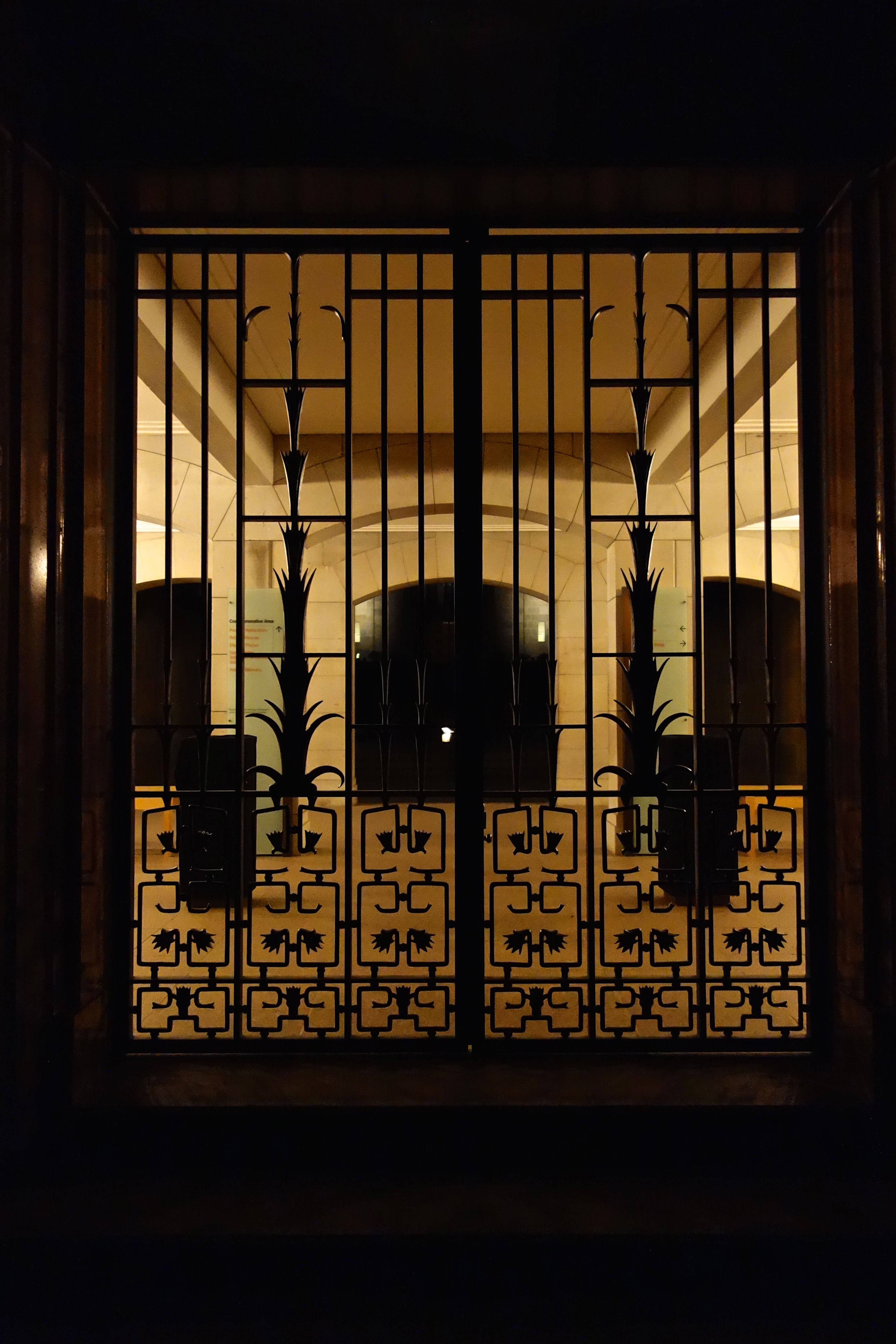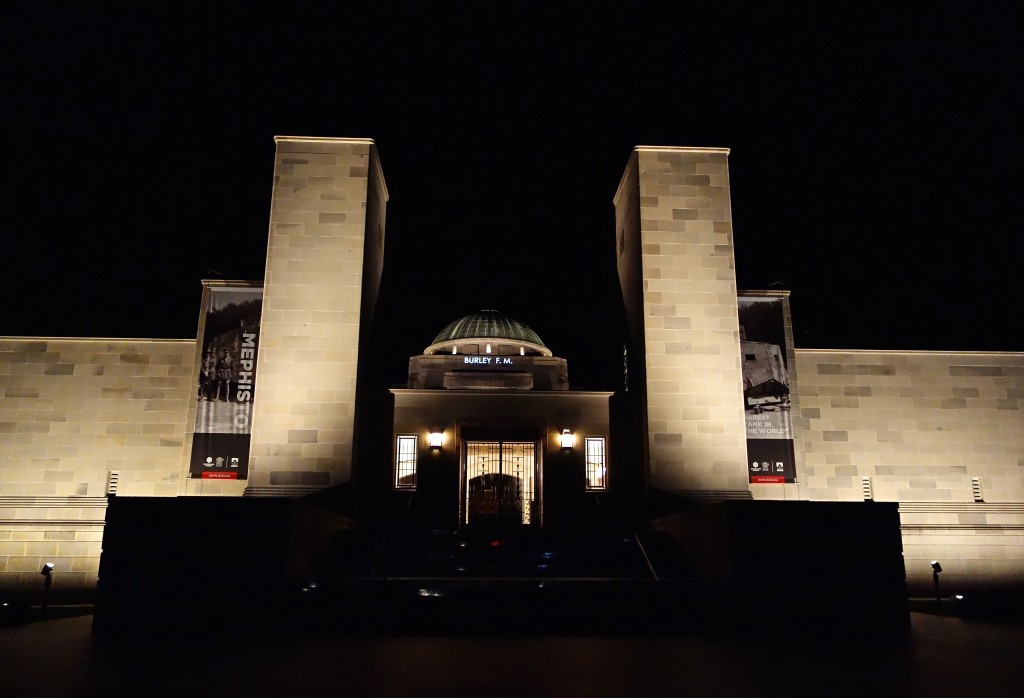Midway upon the journey of our life I found myself in a dark wood, where the right way was lost.
Opening line of Canto 1, “Hell”, The Divine Comedy, Dante, completed 1320, translated by Charles Eliot Norton.
Dante has lost the “right way” and hopes to find it before he grows old. But he begins his work “Midway upon the journey of our life”, that is, when he was about 43, though it was not midway for him; he died at 56.
Many of us live long past 56, though some old people seem to be still in the dark wood that comes with weariness and a tired mind, a thought that occurred to me this week in the National Gallery of Australia where thirteen old men in electric wheelchairs are rolling around a room aimlessly, dozing, sleeping, or staring into space. They’re not real. They’re an exhibit by Sun Yuan and Peng Yu, “Old People’s Home”, part of the Hyper Real sculpture exhibition.
Unlike Dante I’m not in a dark wood turning over thoughts of hell, purgatory and heaven. I’m pretty sure I’m not going to purgatory, but I’m not so certain I won’t end up in its earthly counterpart as a model for the two Beijing artists when they create the female version of Old People’s Home.
*

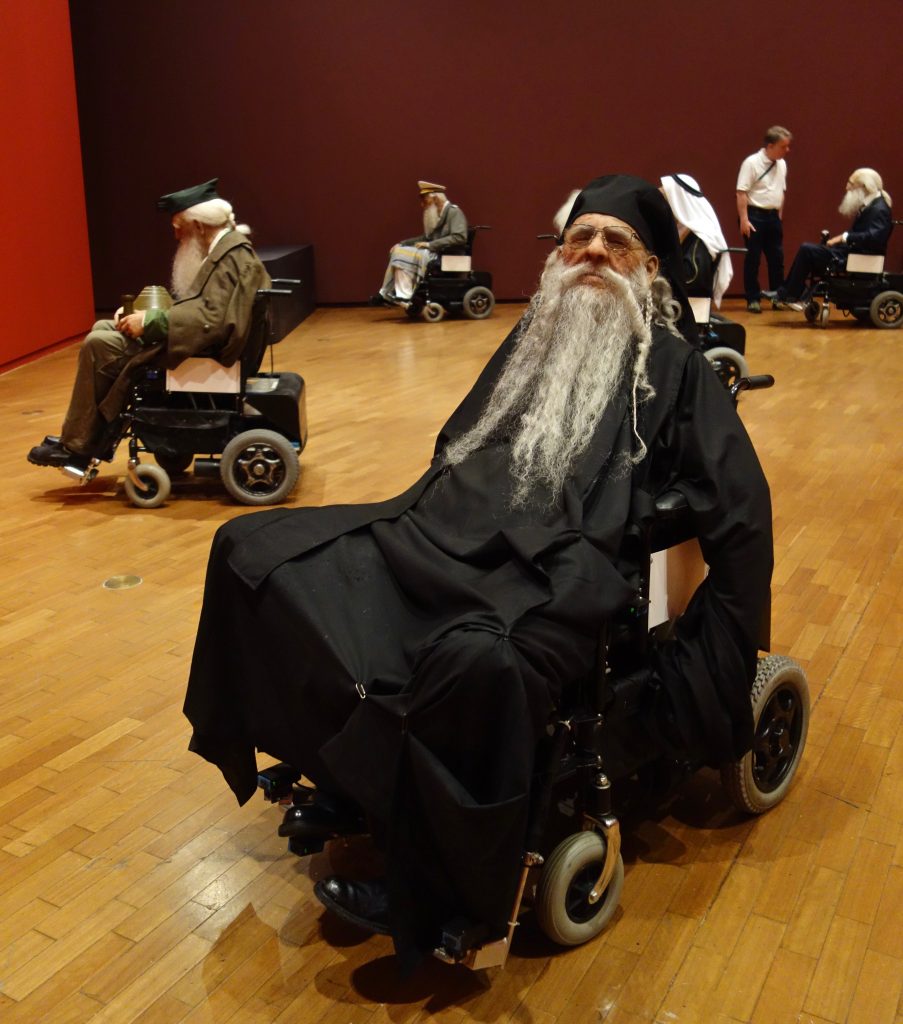
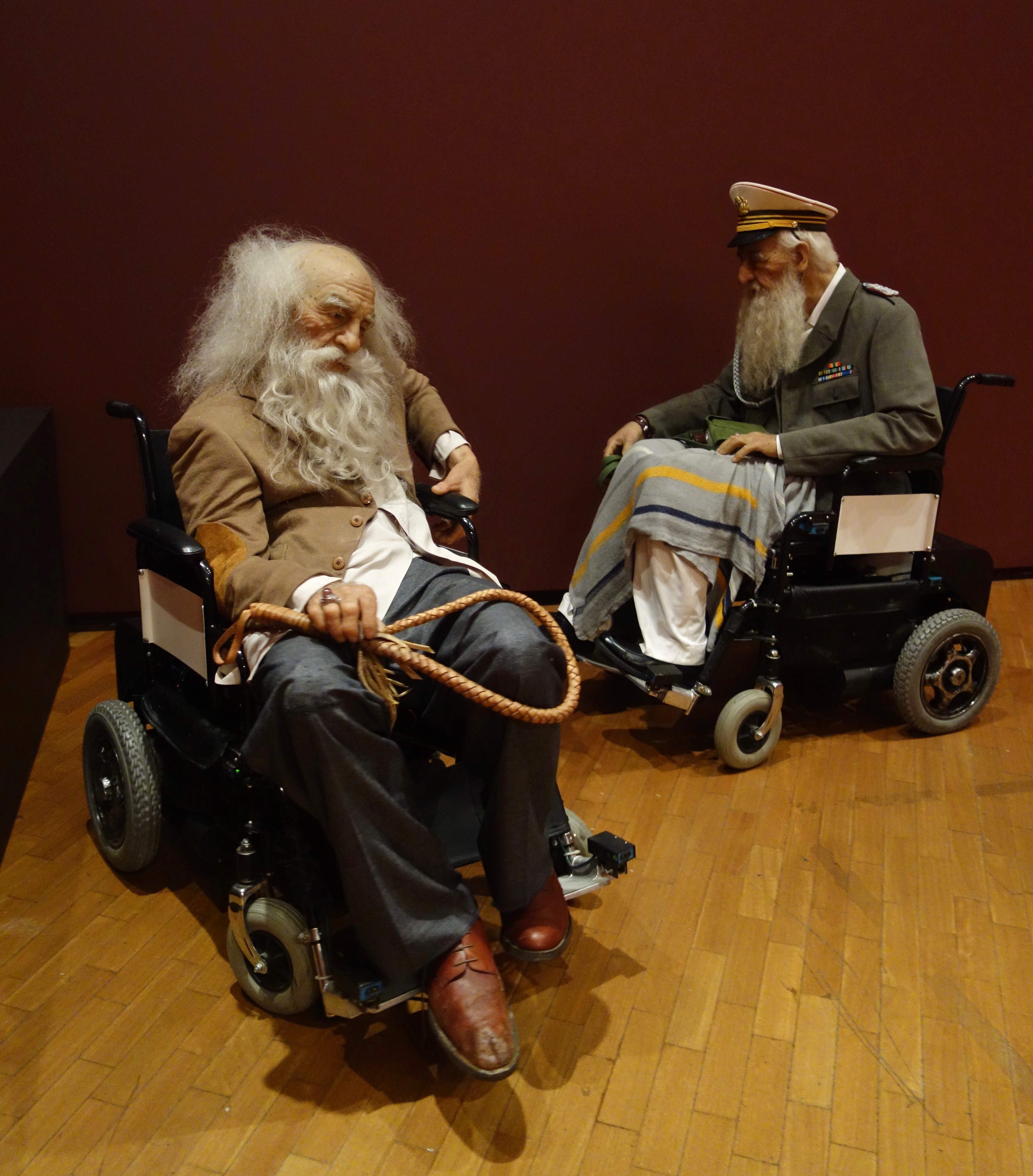
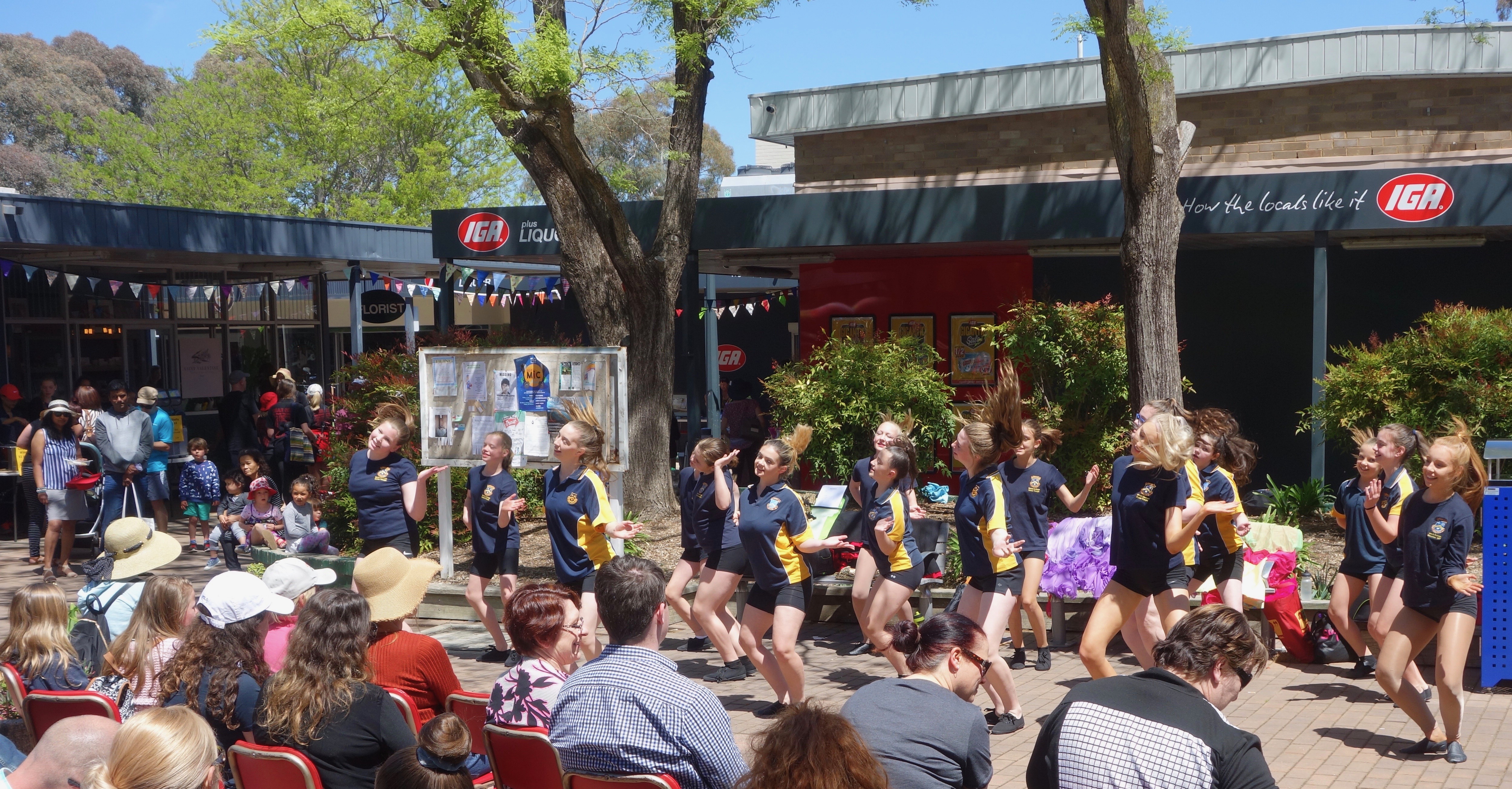
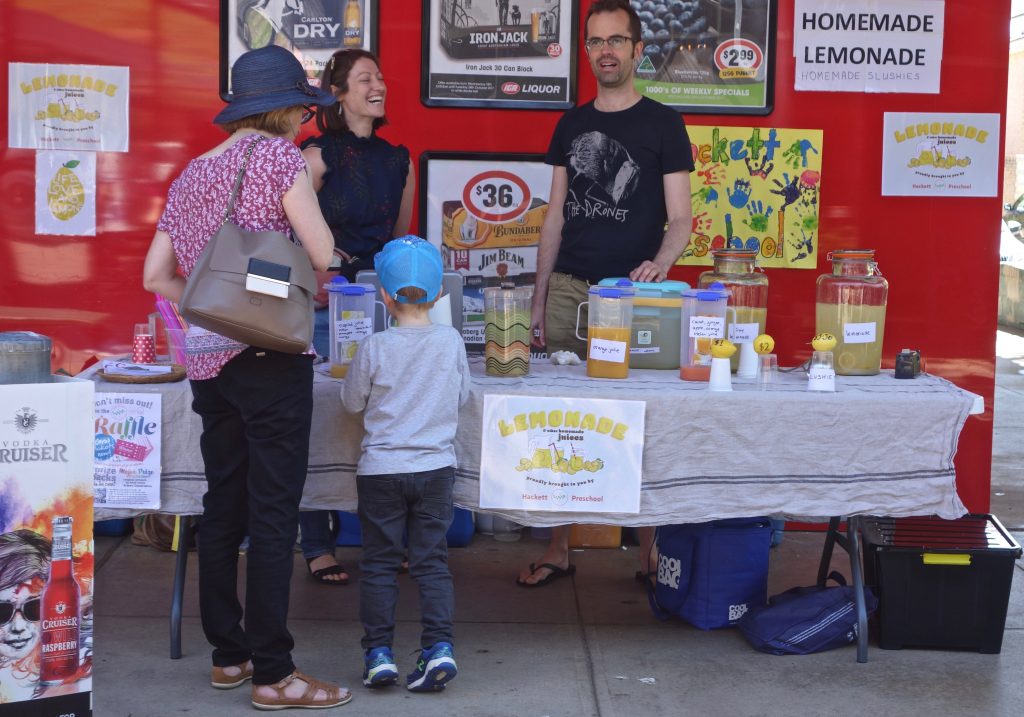
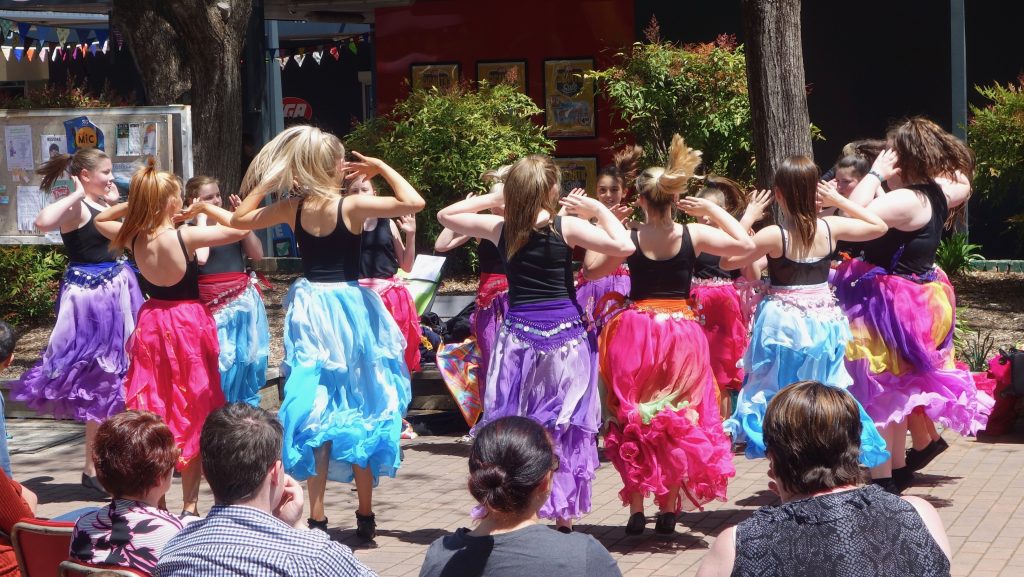
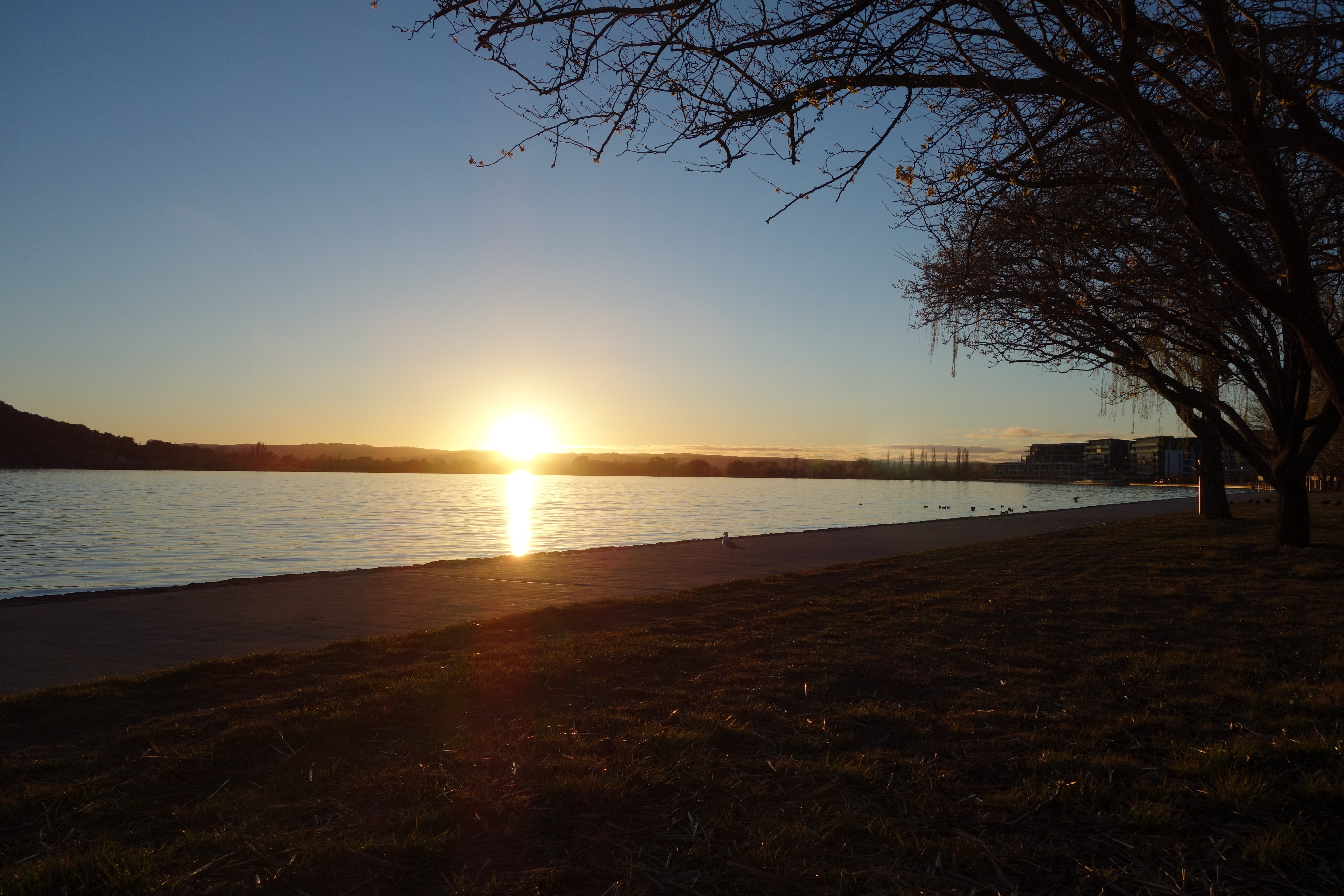
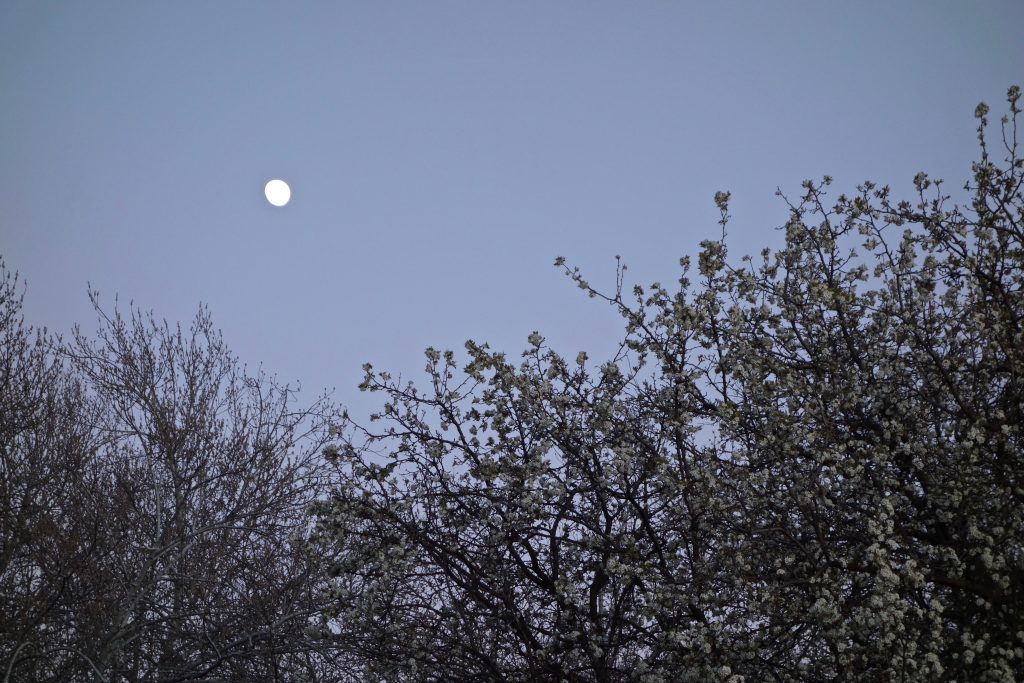
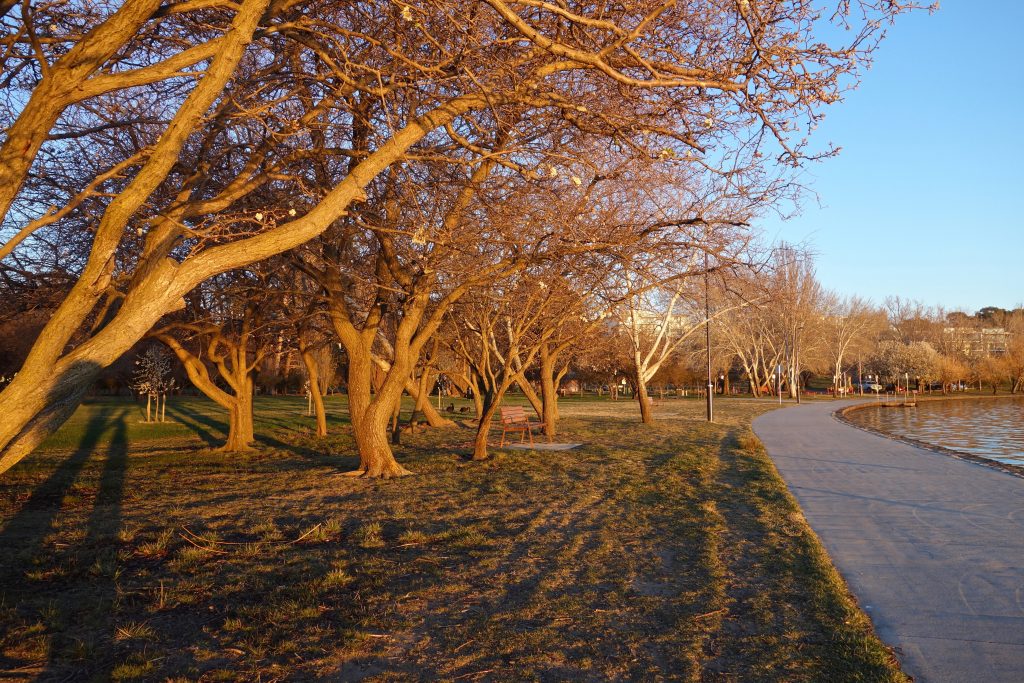
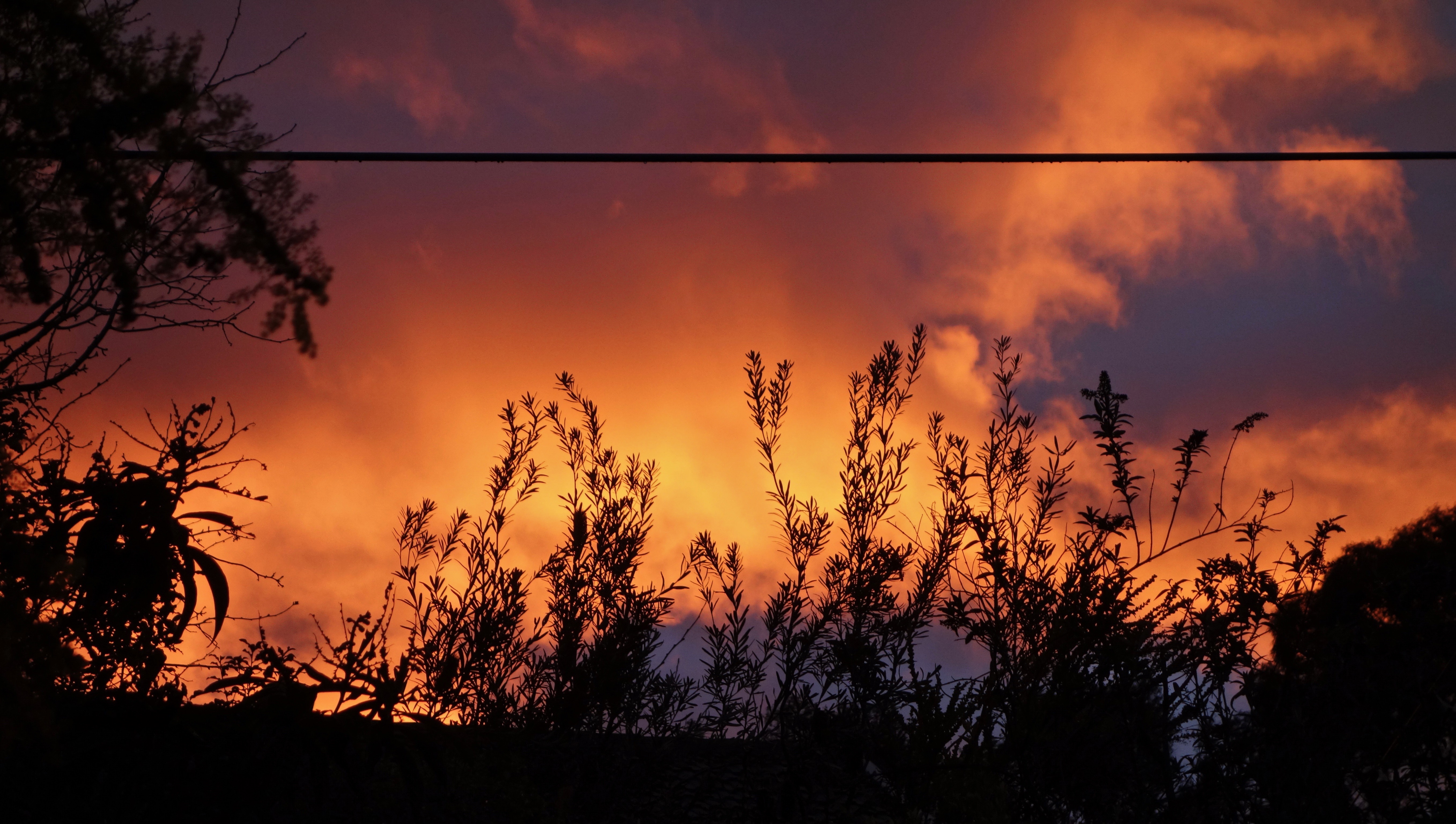
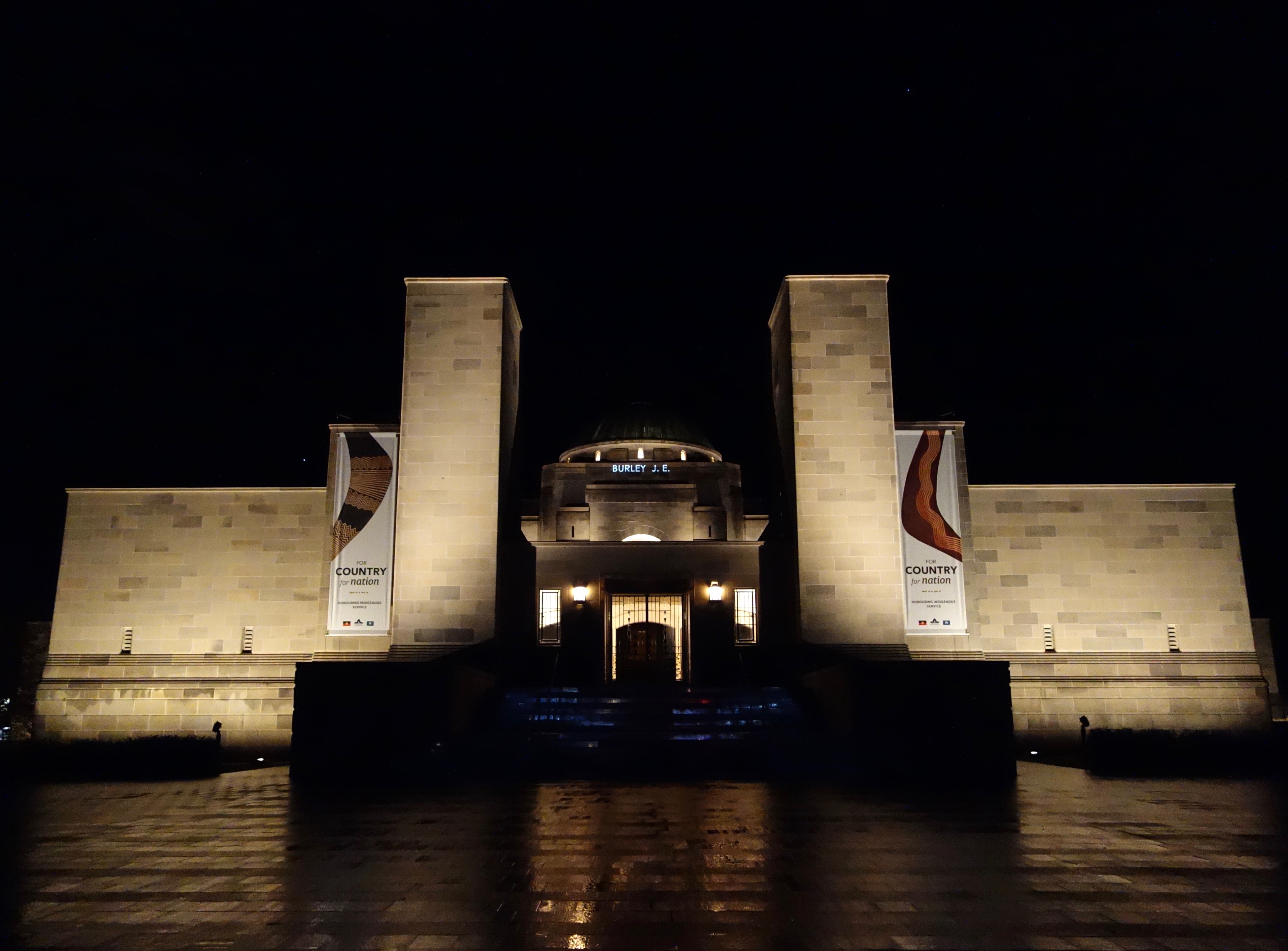


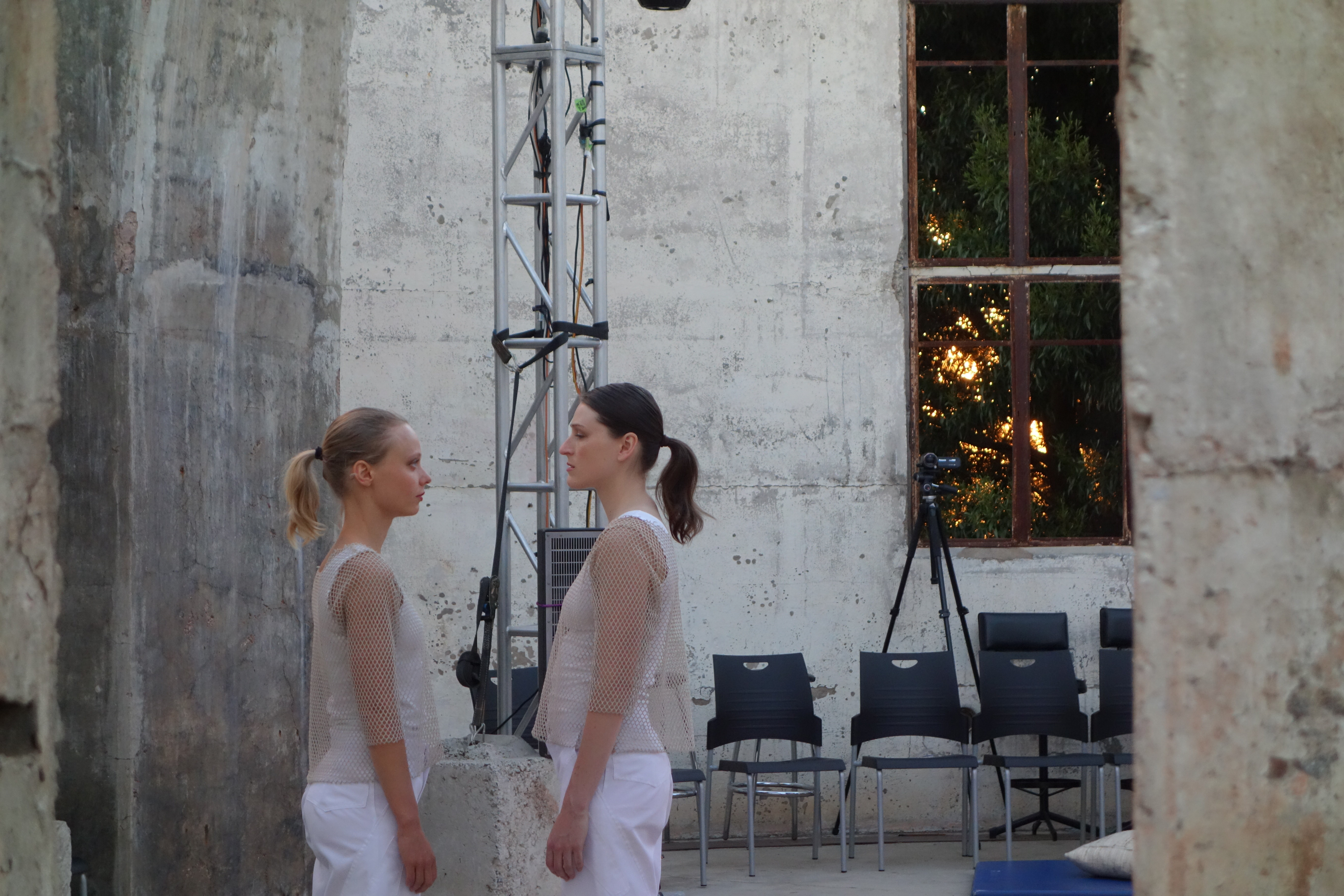
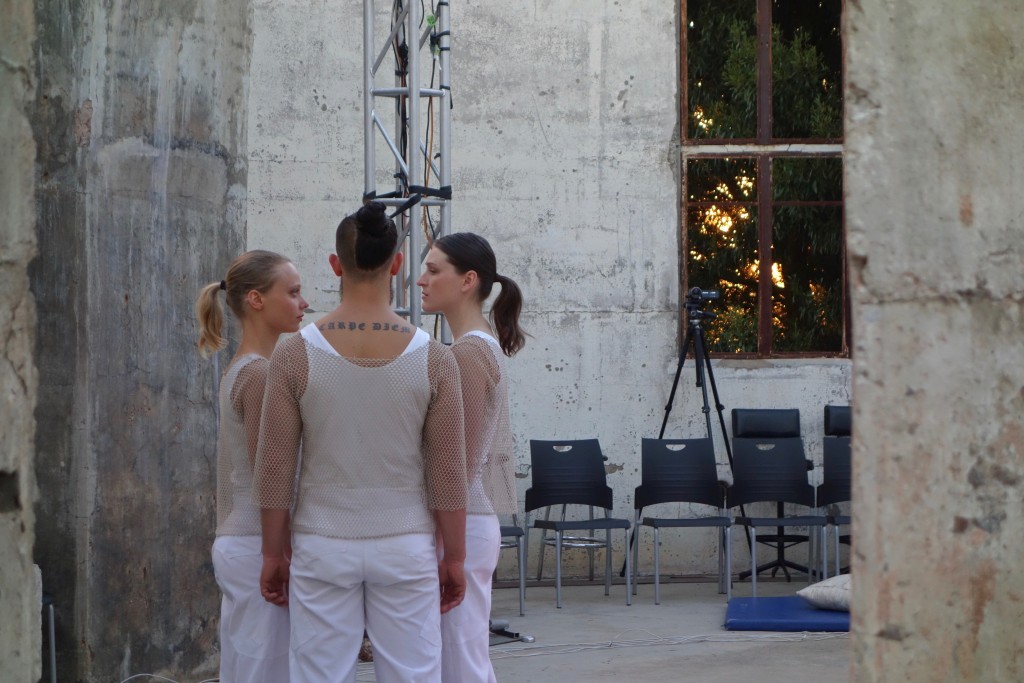
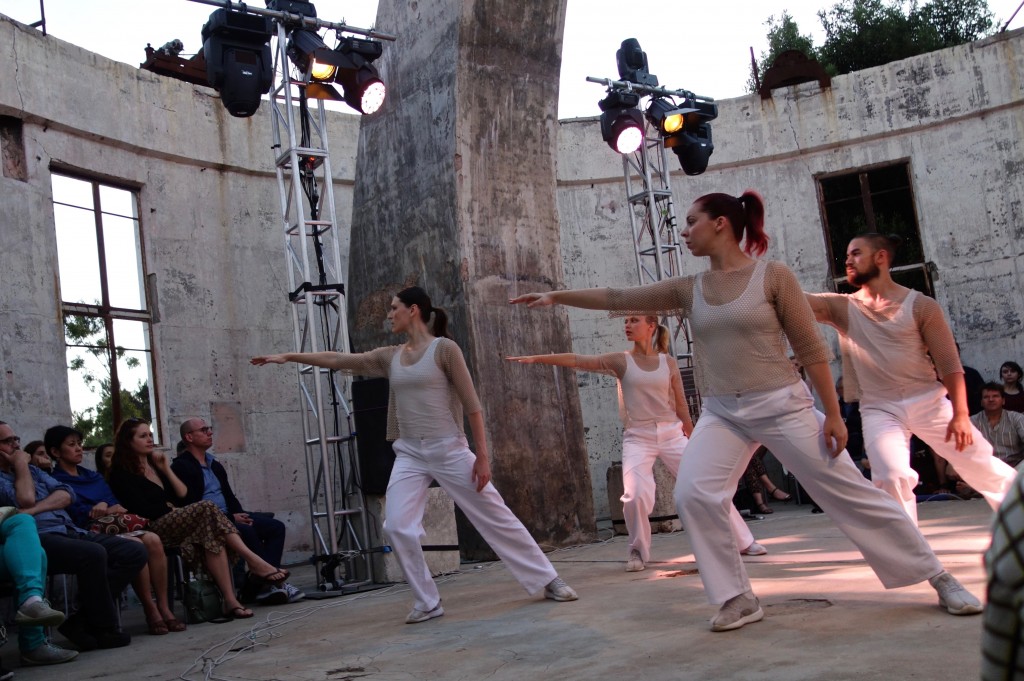
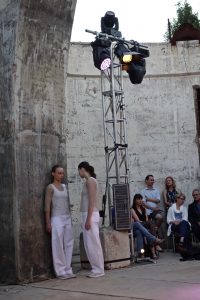 And as she practised her speech, the other three were her conscience, the angels and devils telling her she was doing it right and doing it wrong and she was hopeless at this but had to do it anyway. The four became one conscience and approached the audience, and again the blonde spoke, Hey, there’s something I really…, while a second dancer held her breath, another writhed and the fourth groaned painfully. All of that stuff that goes on inside us while we’re trying to appear calm and in control.
And as she practised her speech, the other three were her conscience, the angels and devils telling her she was doing it right and doing it wrong and she was hopeless at this but had to do it anyway. The four became one conscience and approached the audience, and again the blonde spoke, Hey, there’s something I really…, while a second dancer held her breath, another writhed and the fourth groaned painfully. All of that stuff that goes on inside us while we’re trying to appear calm and in control.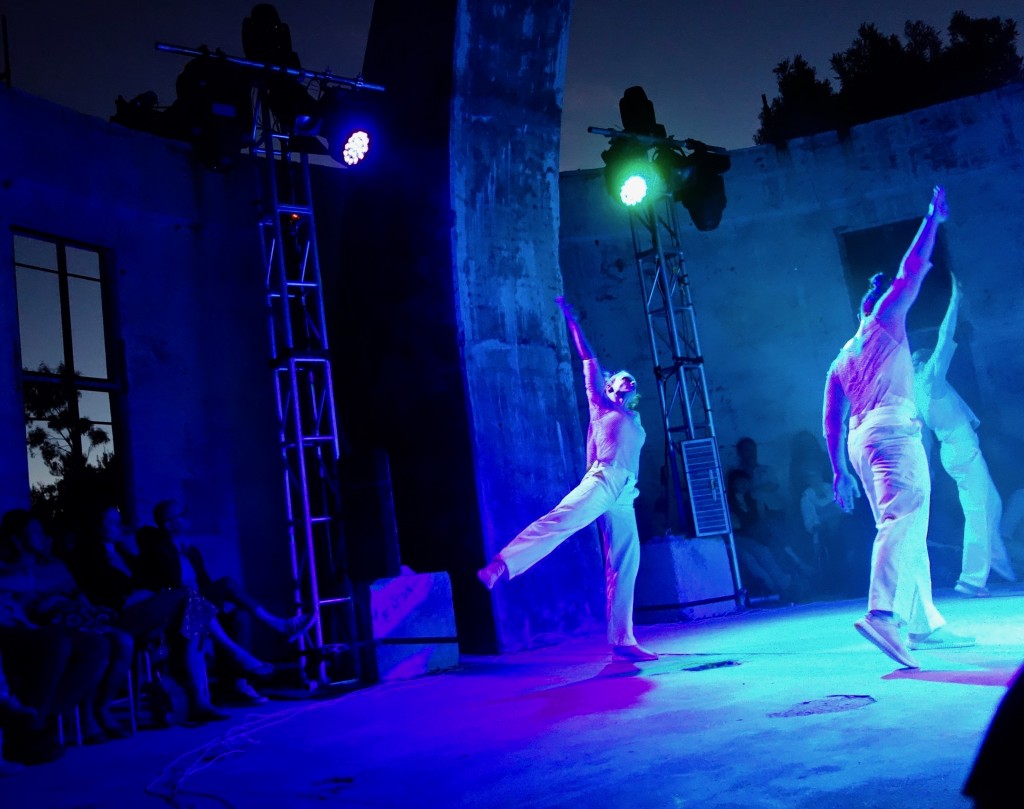
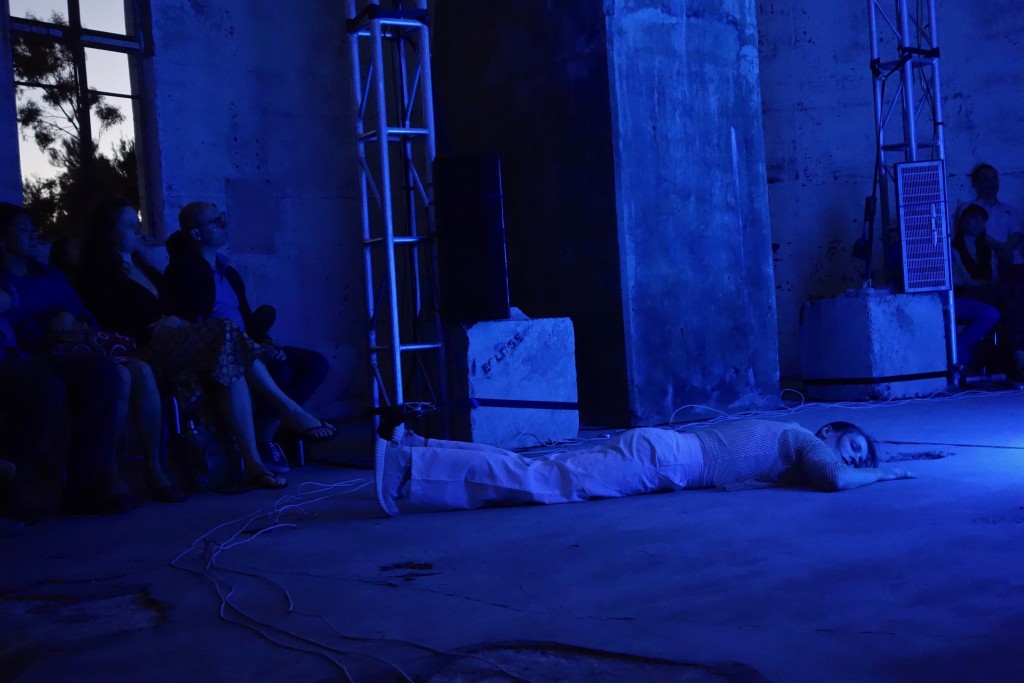
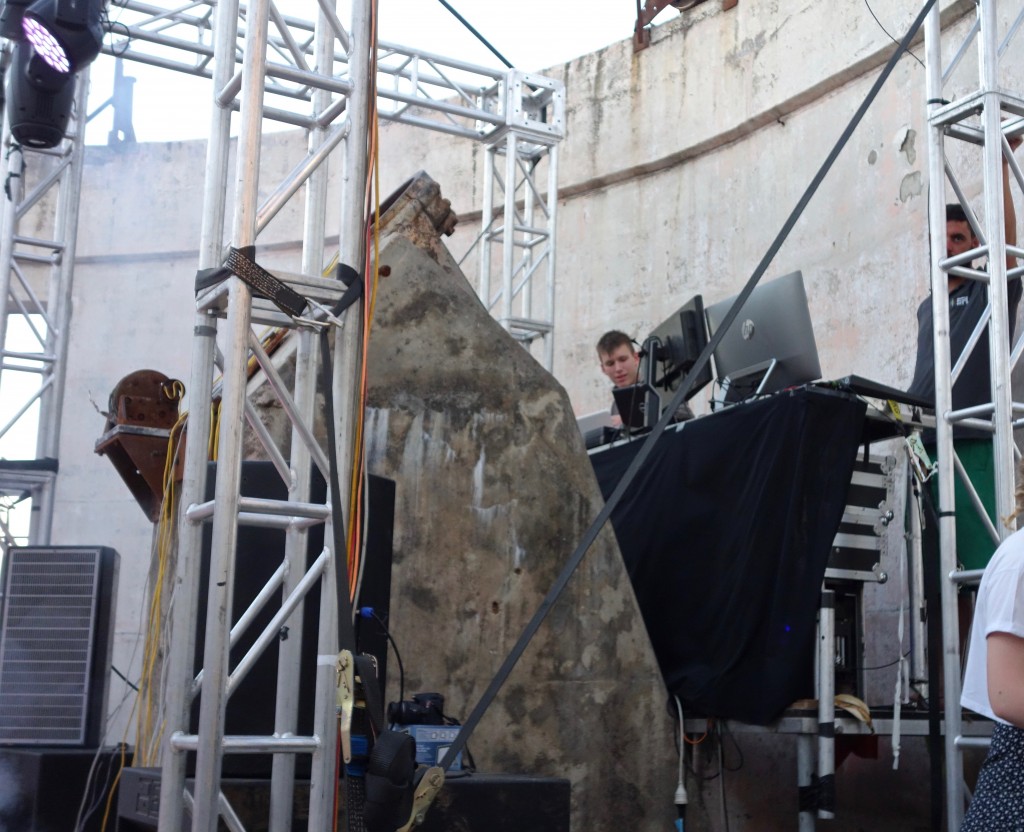
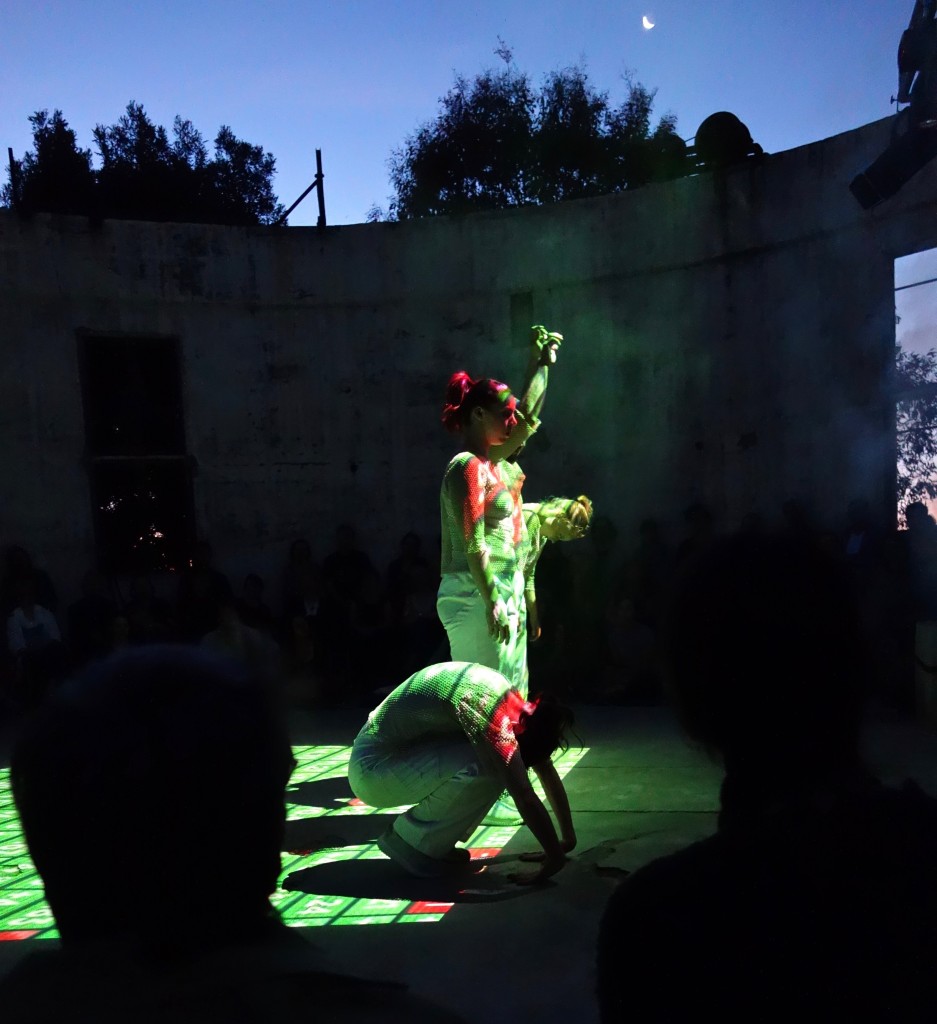
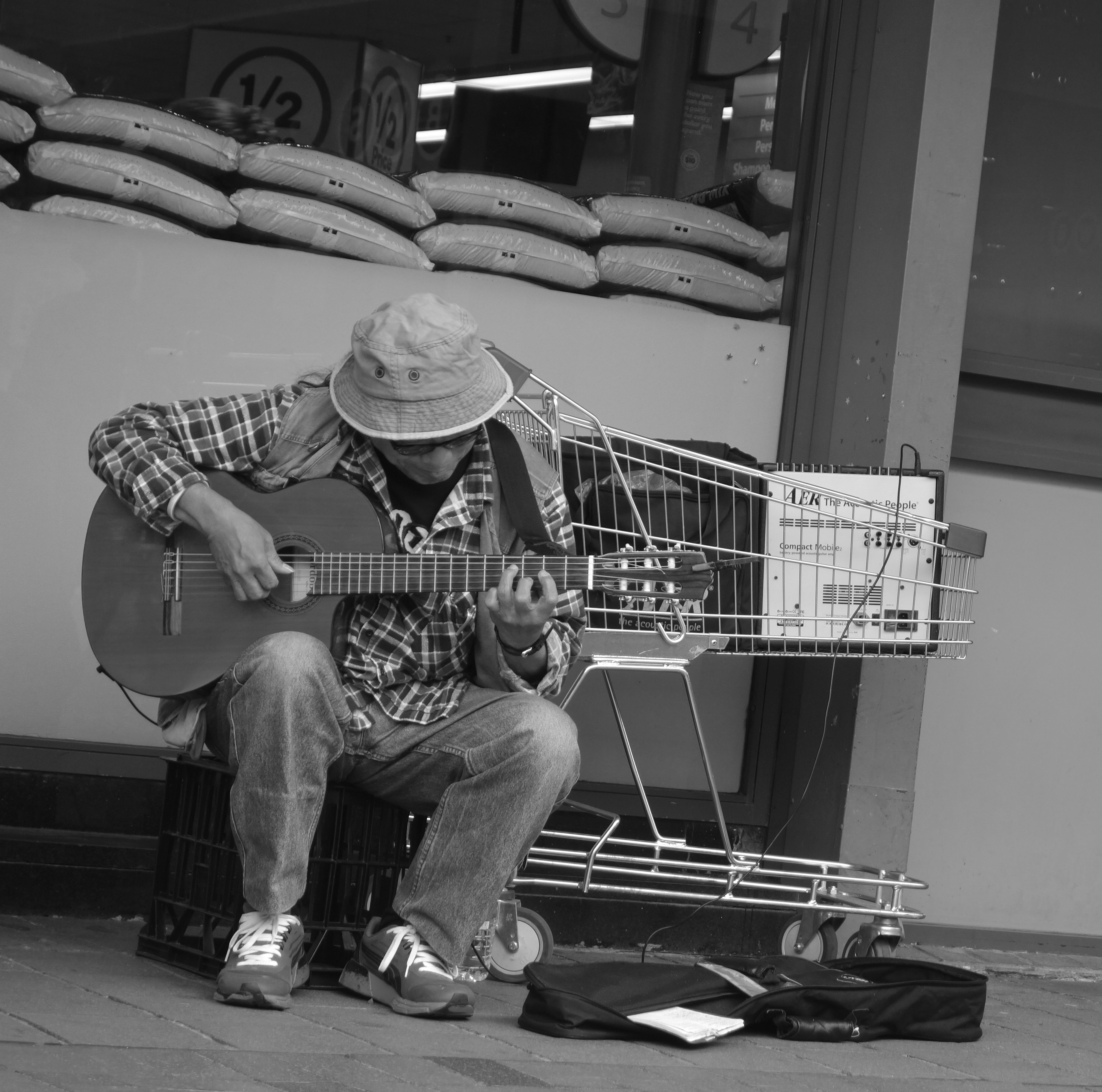




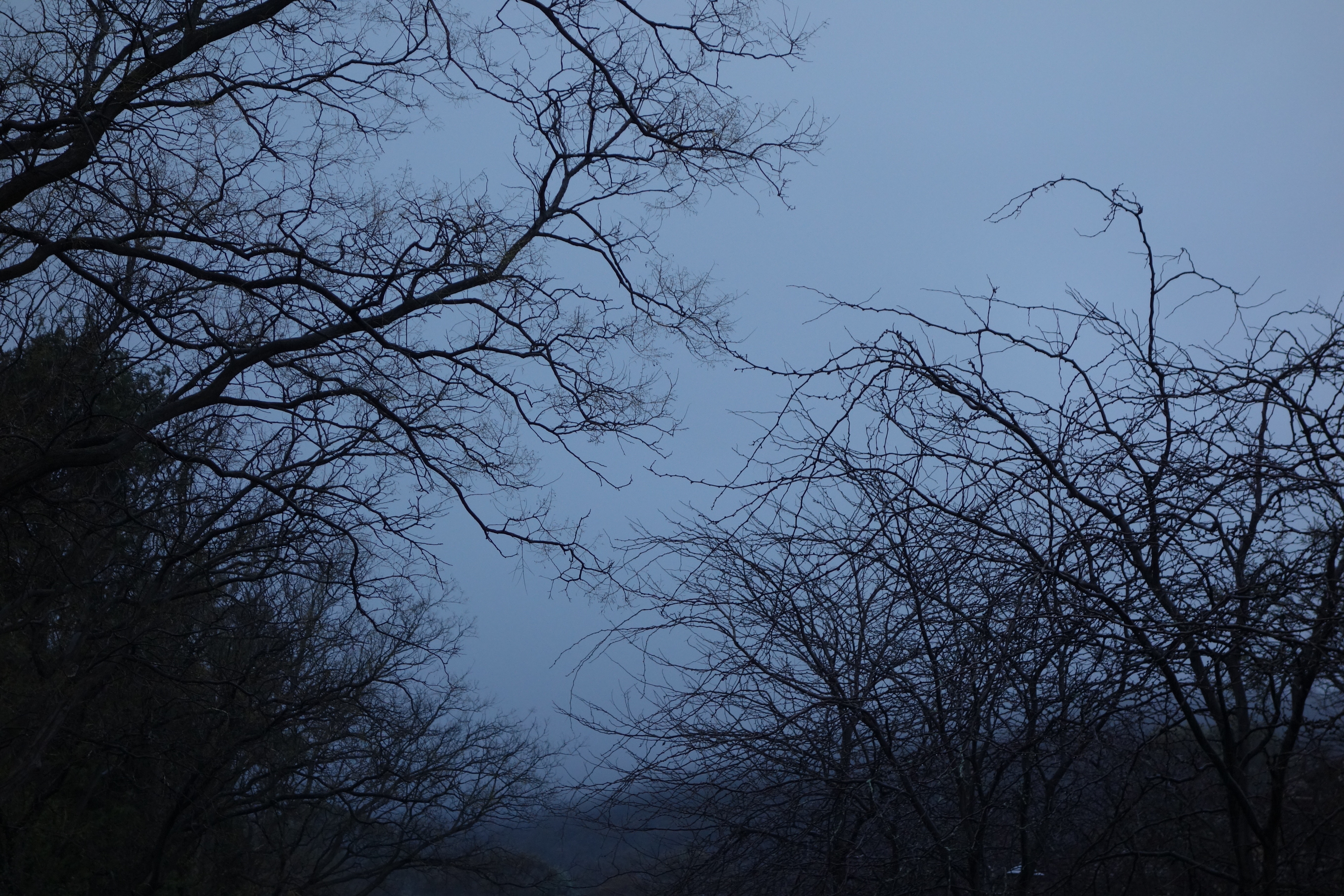

 It didn’t make me feel better. But I kept walking, my gloom burning off with each step. As I turned down a bush track, I looked up again and saw this Sulphur-crested cockatoo flying up to the branch above my head. I felt a little love for the world. Even gratefulness for the rain.
It didn’t make me feel better. But I kept walking, my gloom burning off with each step. As I turned down a bush track, I looked up again and saw this Sulphur-crested cockatoo flying up to the branch above my head. I felt a little love for the world. Even gratefulness for the rain. Back home, I had to prepare a lesson for a student for the next morning. It was to be poetry, something not too deep, not too obscure, something which might have meaning for her. I selected The World by William Brighty Rands, a poem I’d never read, by a poet I’d never heard of. After Robert Louis Stevenson’s Jekyll and Hyde had earlier dragged me down, I was pleasantly relieved to read about The World according to Rands. His poem lifted me, and things began to look up.
Back home, I had to prepare a lesson for a student for the next morning. It was to be poetry, something not too deep, not too obscure, something which might have meaning for her. I selected The World by William Brighty Rands, a poem I’d never read, by a poet I’d never heard of. After Robert Louis Stevenson’s Jekyll and Hyde had earlier dragged me down, I was pleasantly relieved to read about The World according to Rands. His poem lifted me, and things began to look up.